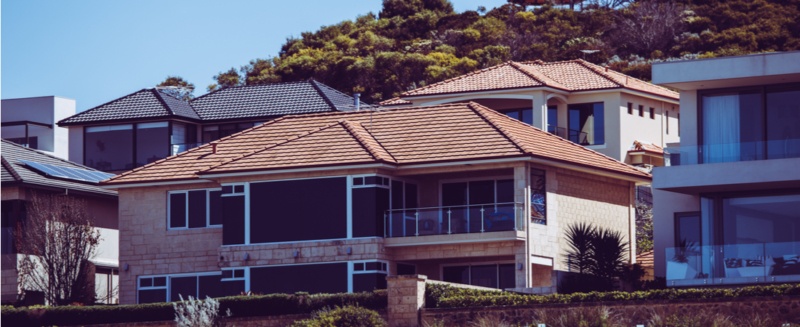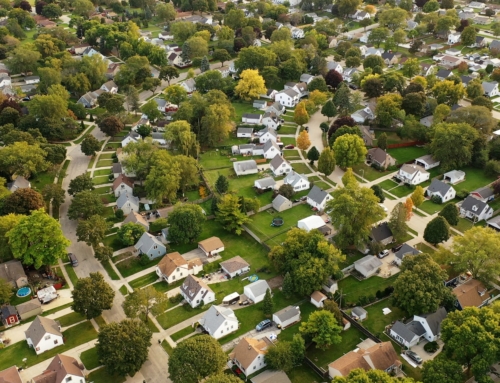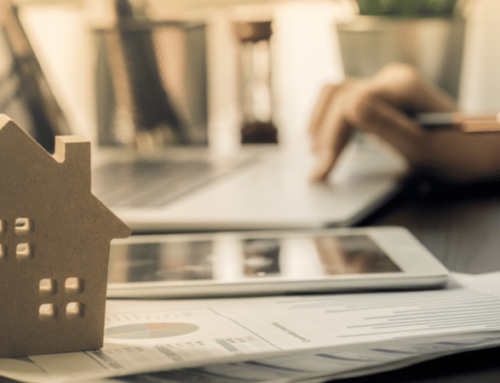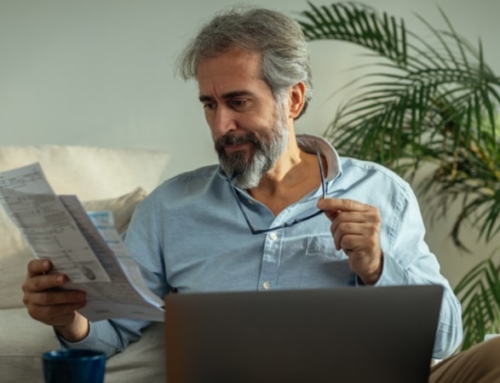Investing in overseas real estate is a strong draw right now.
You can buy real estate in prime locations along the beach with stunning natural views or in cultural meccas in foreign countries for much less than in the United States. Some international markets are experiencing rapid growth, so there’s a stronger chance of a return on your investment. Plus you have the opportunity to diversify your property holdings and take advantage of tourism trends, especially if you envision yourself retiring abroad.
But it’s not as easy to buy in a foreign country as it is in the U.S., especially when it comes to getting the cash together. Consider these questions as you get started in international real estate.
1. Can you use equity from a U.S. property you already own?
If you own a home outright in the U.S., the easiest thing to do is take equity from that property and use that as the cash to put down on the new property. Mortgages in Latin America, for example, tend to be a higher price point and they tend to require a higher down payment. Instead of a 20 percent down payment, you frequently need to put down more than 30 percent. Interest rates also tend to be higher. In Mexico, just a mortgage might carry 10 to 15 percent interest
2. Does the property company that you are buying from offer financing?
Look to buy from a local development company if you need financing because it’s possible that they offer financing specifically for this purpose. Since it’s unlikely that you’d get financing from a U.S. company for a foreign property, that might be your next-best option for a mortgage.
3. Can you finance this yourself?
If you can’t secure reasonable financing somewhere else then you can consider your own separate investments. Your safest bet may be to liquidate your IRA funds and move them into a self-directed IRA and then the IRA would buy the property in Panama for you. Basically, you’ll be self-financing out of your IRA. Even if you have to pay yourself back at a larger interest rate, it’s all going back into the pot and you have more control then if you use an offshore investment company.
Also…do you have a lawyer here and a lawyer there?
If you don’t speak the local language where you want to buy—and even if you do—it’s important to have a lawyer that understands the local laws and how to manage the sale in a foreign country. Consider this: Coasts are nationalized in some Latin American countries. Some investors have thought they were buying when it was actually more of a long-term lease. You need a lawyer to make sure you don’t make any mistakes.
You may also want to meet with an attorney in the U.S. in order to understand how the investment will affect your taxes.
Click the audio link below to listen to the full Ilyce Glink Show on WSB Radio, or go to iTunes and download the show to your handheld device.
Download the podcast via iTunes
Thanks for listening.
[amazon_link asins=’1524763438,0609809954,0609809334,0812925319′ template=’ProductCarousel’ store=’thinkglink-20′ marketplace=’US’ link_id=’436ff835-1656-11e8-8bd7-4bf35dc6edef’]







Leave A Comment